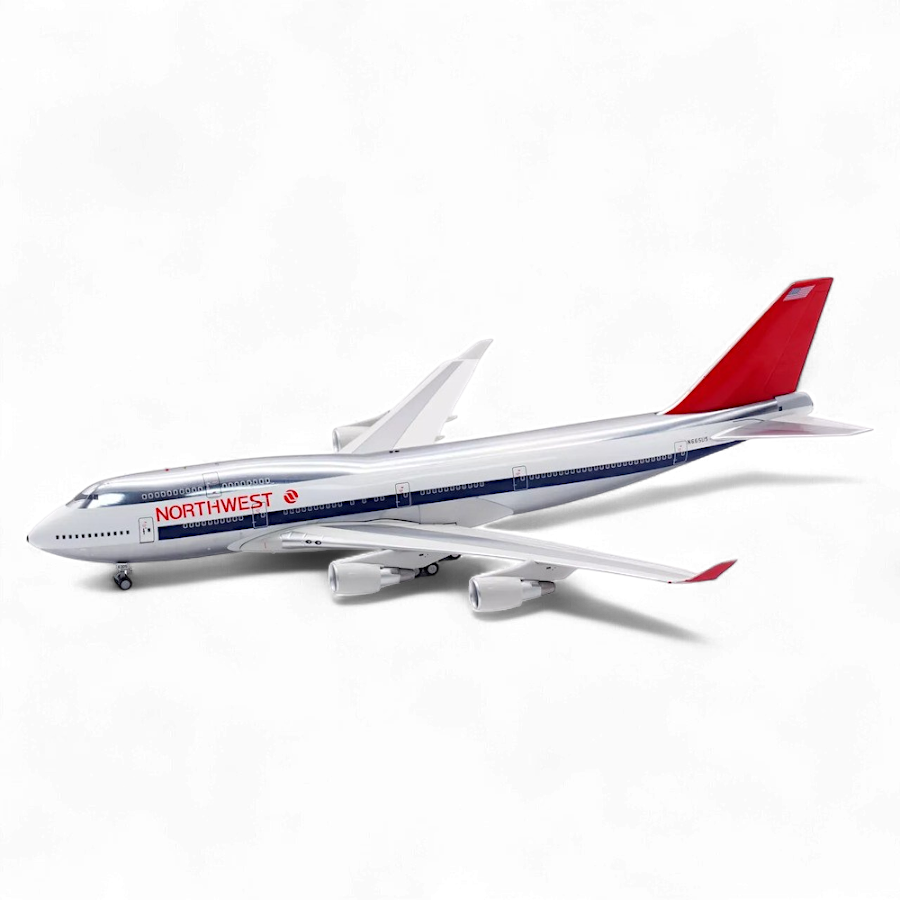Consolidated PBY Catalina MK IVa Royal Air Force
Scale: 1:72
Publisher/Brand: Corgi
Series: Aviation Archive Collector Series
Size: Approx W 43.8 x L 27.31
Squadron: RAF No.210 Sqn
Pilot/Posting: John Alexander Cruickshank, Norwegian Sea
Sortie: U361 Sinking, July 17th 1944
Markings: JV928
Stand: Yes
Production: Limited
Colours: as shown
Corgi "Aviation Archive" diecast airplanes feature:
- Diecast metal construction with some plastic components.
- Realistic panel lines, antennas, access panels and surface details.
- Pad printed markings and placards that won't fade or peel like decals.
- Interchangeable extended/retracted landing gear with rotating wheels.
- Poseable presention stand to display the aircraft "in flight".
- Many limited editions with numbered certificate of authenticity.
- Detailed, hand-painted pilot and crew member figures.
- Authentic detachable ordnance loads complete with placards.
- Selected interchangeable features such as speed-brakes, opened canopies and access panels.
- Selected moving parts such as gun turrets, control surfaces and swing-wings.
HISTORY:
As an Island nation, Britain would rely heavily on the contribution of long ranging maritime patrol aircraft during WWII, particularly the flying boats and brave crews of Coastal Command. Working alongside the mighty Short Sunderland, the American built Consolidated Catalina proved to be one of the most successful aircraft of its type, able to mount patrols which sometimes exceeded eighteen hours in duration and more than capable of destroying any enemy shipping they encountered along the way. During one such patrol on 17th July 1944, Catalina JV928, piloted by Scotsman John Cruickshank, was five hours into a mission west of the Lofoten Islands in the Norwegian Sea, when the crew obtained a radar signal from the sea below. Aware that the Royal Navy were reportedly in the area, the aircraft flew down for a closer look, only to be confronted by German U-boat U361 and its compliment of anti-aircraft guns. Immediately preparing to go on the offensive, Cruickshank executed a perfect attack run, only to see the depth charges to fail to release from the aircraft. Determined to press home their attack and with the weapon issue now resolved, the Catalina was brought in for a second run, this time into a hail of well aimed shells from the U-boat crew now fully aware of the aircrafts destructive intentions. Taking multiple hits to the front of the Catalina and inflicting significant injuries on crew members, the attack resulted in the depth charges deploying at exactly the right moment, straddling the U-boat and causing its destruction. John Cruickshank had suffered 72 wounds during the frenetic attack, but despite the pain and loss of blood, refused morphine so he could remain alert to help his inexperienced co-pilot land the aircraft following the five hour return flight. For his part in this action, John Cruickshank was awarded the Victoria Cross.
Although the Battle of Britain is regarded by most people to be the RAF’s most decisive victory of WWII, the constant struggle to protect Britain’s vital sea lanes against German U-boats and surface raiders proved arguably more decisive. It is difficult to imagine the mental and physical strain placed on the crews of Coastal Command aircraft, who were forced to endure arduous patrols, often lasting many hours and having to constantly scan vast expanses of ocean for even the smallest sign of enemy activity. Should a target present itself, they would potentially have to launch an effective attack at short notice, aware that the enemy would be frantically attempting to disappear below the waves or were preparing to defend themselves with every gun at their disposal. Add to this the knowledge that they were still many miles and several hours flying time from the safety of their home base and completely exposed should the engagement leave them with damage to their aircraft, or injuries to crew members and you understand why these men are viewed with such admiration to this day. As if to underline the perilous nature of these missions, four brave Coastal Command airmen were awarded Britain’s highest award for gallantry in the presence of the enemy, the Victoria Cross during the Second World War, but only one survived to receive the honour in person – Flying Officer John Alexander Cruickshank, Royal Air Force Volunteer Reserve, RAF No.210 Squadron.
*When we have pre-orders we order number of models ordered by customers. We may carry an extra few pieces however once they are sold we do not expect any more stock.
**Please note that the expected arrival may be moved up or delayed by the manufacturer. We strive to keep all of our customers informed of these updates**
***All purchases made by Flight Deck Models are in $USD so our online prices may fluctuate based on the exchange rate at the time. When pre-orders are paid for prior to models release date the price of the purchase is locked in with no changes (other than shipping charges based on market).





















